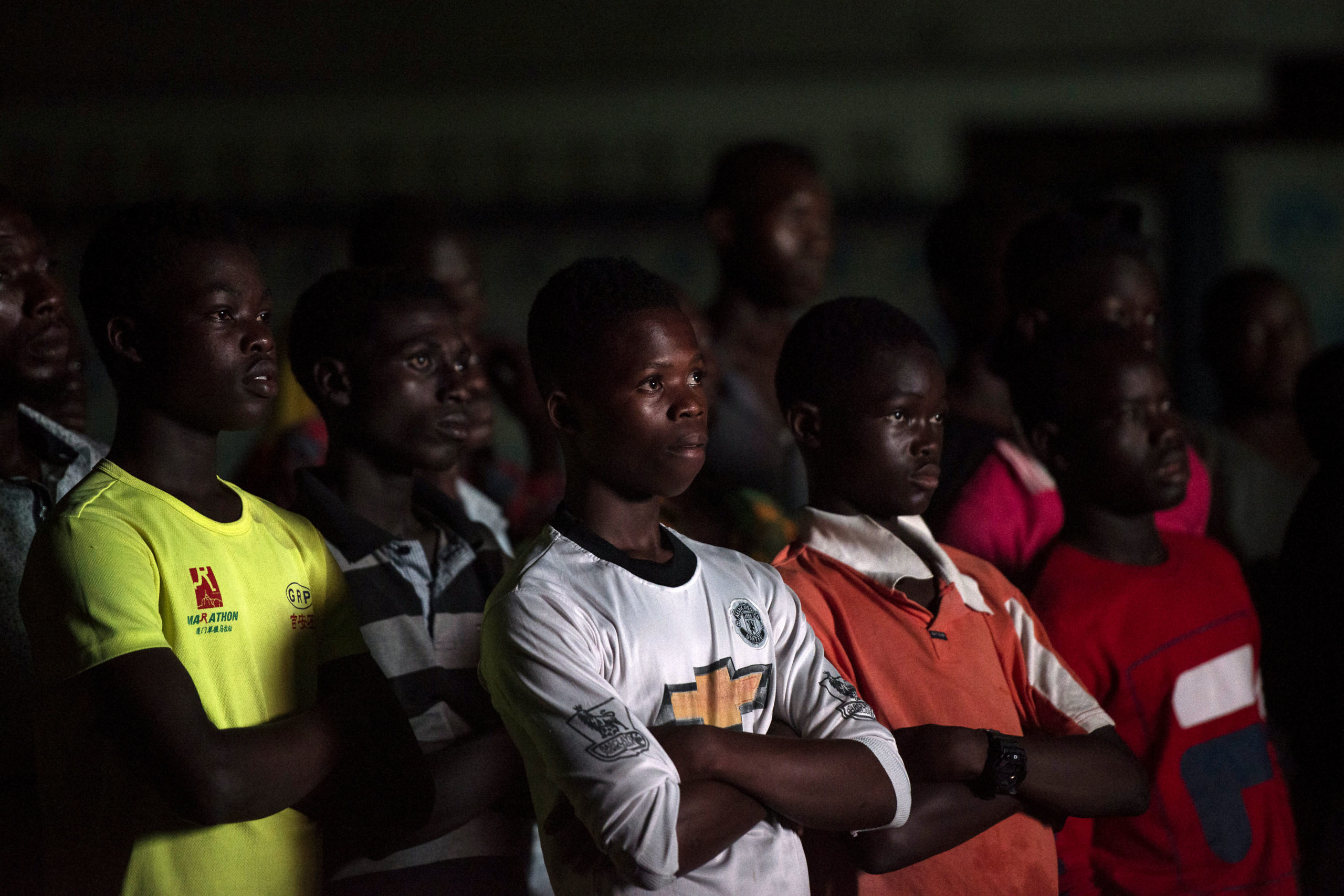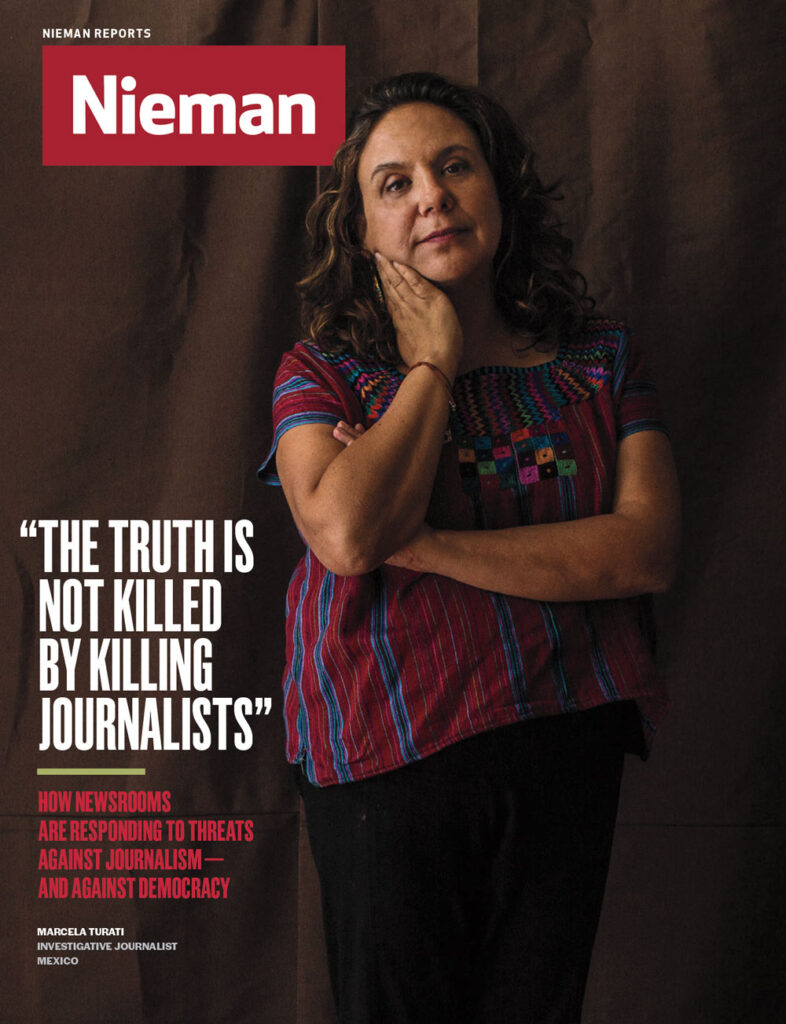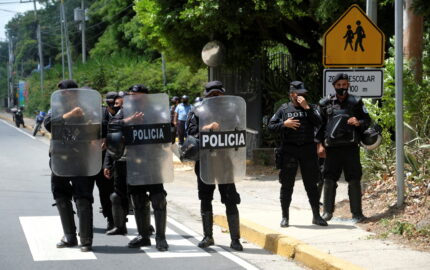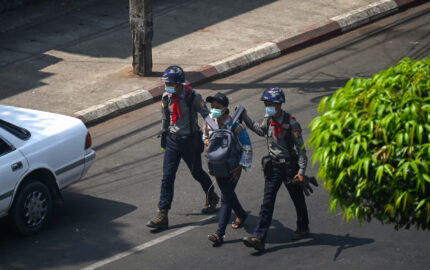From a distance, and on paper, Ghana is a thriving democracy in a region beset with political and social turmoil. The country’s 1992 constitution has an entire chapter dedicated to freedom of the press, and three years ago on March 26, 2019, the country finally passed its Right to Information bill into law — a measure that was meant to guarantee access to public information for journalists. The law had been in the works for 20 years.
But on the ground, and in reality, journalists do not have the freedom to do their work, nor do they have free access to information. Government institutions often go to court to resist freedom of information requests by journalists. They also face risks of arrest, detention, and torture from state agencies like the police, military, secret service, and political operatives of ruling parties. The attacks have been systematic, and in nearly all cases, no one has been held to account. Journalists have been assaulted in the open by police and military officers while they covered national events, and in some cases their equipment has been damaged. The attacks became such a common feature that in July 2021, the Media Foundation for West Africa (MFWA) mobilized more than 600 people, including journalists and supporters of press freedom, to petition the country’s Parliament to do something about the situation.
The violations are meant to intimidate journalists into silence so they don’t expose corruption by government officials or their sponsors or publish and broadcast stories critical of people in public office. Some ruling party officials have consistently accused journalists who publish works critical of the government of trying to make the government unpopular, as that could affect their chances of winning future elections, considering the fact that public office has become a conduit for private gain. There is enough evidence to show that while state enterprises make huge losses every year, CEOs and other employees, often party apparatchiks appointed into these enterprises as a reward for helping political parties win elections, live ostentatious lives, and own properties with values well above their known salaries.
Related Posts
These attacks against journalists in Ghana have been increasing and intensifying — and the threat of physical violence is real. The journalist safety watchdog organization Reporters Without Borders (RSF) documented in May 2022, a total of 14 cases of abusive treatment of journalists in Ghana — five arrests and nine cases of violence — since the start of the year.
The RSF was compelled to call on the Ghanaian authorities to take action and to guarantee the safety of media in the country, after more serious press freedom violations in early May, including a physical attack on a radio station, a physical attack on a news agency reporter, and the arrest of two TV journalists. Journalists from both private and state media are victims.
As a result of the increasing violations, Ghana fell on the Press Freedom Index 2022 from the third to tenth position in Africa and from 30th to the 60th position globally. While journalists are not fleeing the country, Manasseh Azure Awuni, the editor in chief of The Fourth Estate, an online publication known for investigative journalism, had to be taken out of the country for a while for his own safety.
Another journalist, Edward Adeti, who once worked as regional correspondent in Ghana’s Upper East Region for Starr FM, a private radio station, was also threatened after he did stories exposing a corrupt public official. He was extracted from Bolgatanga, the regional capital to the national capital Accra for his own safety. Adeti has recounted how pressure was brought to bear on his landlord to evict him, and other landlords were warned not to rent their properties to him. Even though Adeti has reported the matter to the police, no one has been arrested.
While the government’s public posture says it is protecting journalists to do their work, there is not a single known record of persons or groups facing prosecution for unlawful arrests, detention and or torture of journalists. Especially, politically connected people openly threaten and attack journalists without any repercussions, which further emboldens them.
Only a few independent journalists are able to continue to do critical reporting, especially journalism that holds power to account. These journalists depend on raw courage, grit and love for country and value for the public interest
One of the highest profile killings of a journalist happened on Jan. 16, 2019, when hired hitmen shot investigative journalist Ahmed Hussein-Suale in his car. He died instantly, slumped over the steering wheel. Hussein-Suale worked for Tiger Eye, an investigative journalism organization. He had been threatened many times and was snuck out of the country for his own safety. He returned only after his employers felt the threat had decreased. But the threat to his life came from Kennedy Agyapong, a member of Parliament aligned with the ruling party who also owns a string of radio and TV stations. Agyapong had gone on one of his TV stations and shown photos of Hussein-Suale and his colleague, investigative journalist Anas Aremeyaw Anas, urging his supporters to attack them and if these supporters were taken to court, he promised to pay for the cost.
Before then, Hussein-Suale’s face wasn’t known, except to his close relations and friends, some of who didn’t even know he worked as an undercover journalist with Anas, who also covers his face whenever he was in public.
Not long before Agyapong made the threats, Tiger Eye published a major investigation on corruption in Ghanaian football that caught the former Chairman of the Ghana Football Association, Kwesi Nyantakyi, on video talking with who he believed was an Arab businessman about how connected he was with the government and how he could bribe the president to get contracts for the businessman; the meeting had been arranged by Hussein-Suale. Nyantakyi also mentioned that Agyapong has amassed power because he is one of the biggest financiers of the ruling New Patriotic Party (NPP) and how he holds sway in appointing leadership for some of the lucrative ministries. That video shook the very foundation of Ghanaian football, and led to the dismissal of Nyantakyi, who had been untouchable. Three years after the killing, no one has been arrested.
There is a general sense of fear among most journalists, who often worry about losing their jobs or fear their media houses would lose advertising revenue from businesses connected to the government. Often withholding or withdrawing advertising is used as a means of punishing media whose reporting is considered unfavorable to people in power.
There are very limited funding opportunities for independent reporting in Ghana. Some of the courageous journalists who continue to do critical work are fortunate to be working with well-resourced private media houses; others continue to work without pay, while they make a living doing other things on the side. Freelance journalism doesn’t exist in Ghana, because media organizations in the country do not pay for freelance work. As a result of the continuing violence, only a few independent journalists are able to continue to do critical reporting, especially journalism that holds power to account. These journalists depend on raw courage, grit and love for country and value for the public interest.
Emmanuel K. Dogbevi is a Ghanaian journalist and trainer. He is the Managing Editor of Ghana Business News and Executive Director of NewsBridge Africa. Emmanuel has been working as a journalist for 32 years. He is also a Knight-Bagehot Fellow in Business and Economic Journalism at Columbia University.
Reporting at Risk
From Kashmir to Russia to Mexico and beyond, journalism is under threat. Reporters Without Borders estimates that nearly three-quarters of the 180 countries on its World Press Freedom Index either completely or partially block the work of newsrooms. The threats to journalists are physical, political and, especially under authoritarian regimes, increasingly existential. In our Reporting at Risk series, Nieman Reports is publishing essays by journalists who are managing to do vital independent reporting — often at great personal risk.



